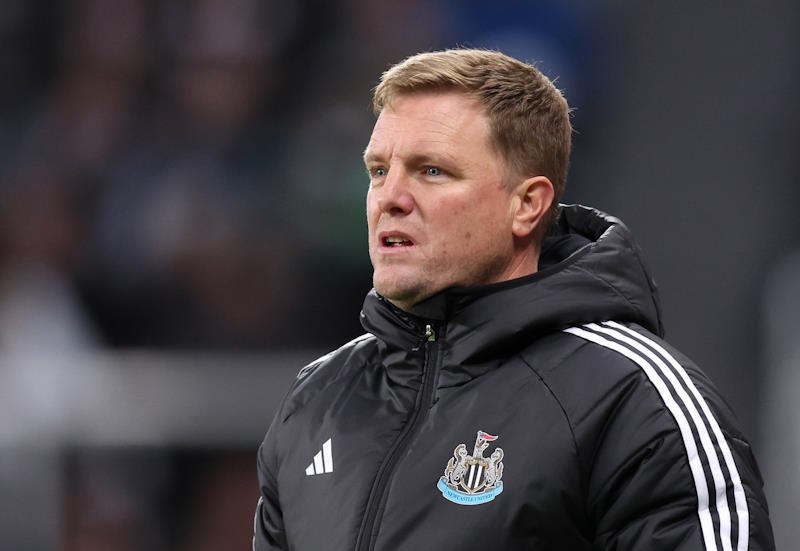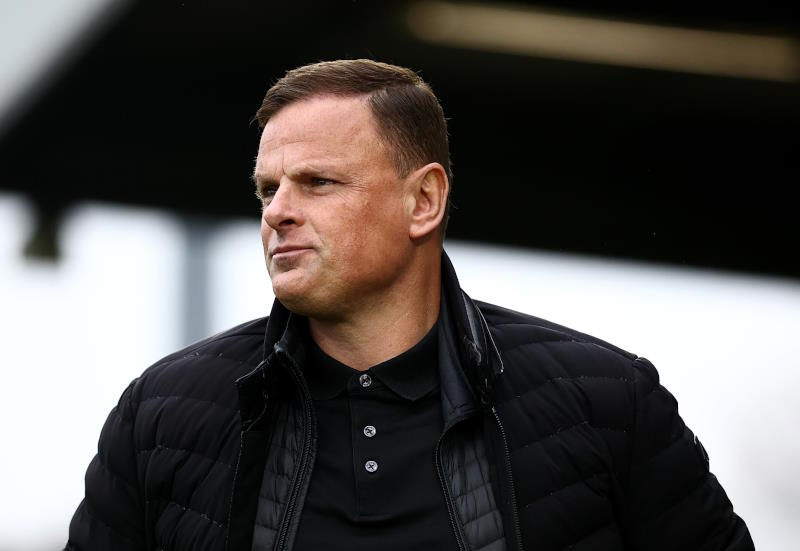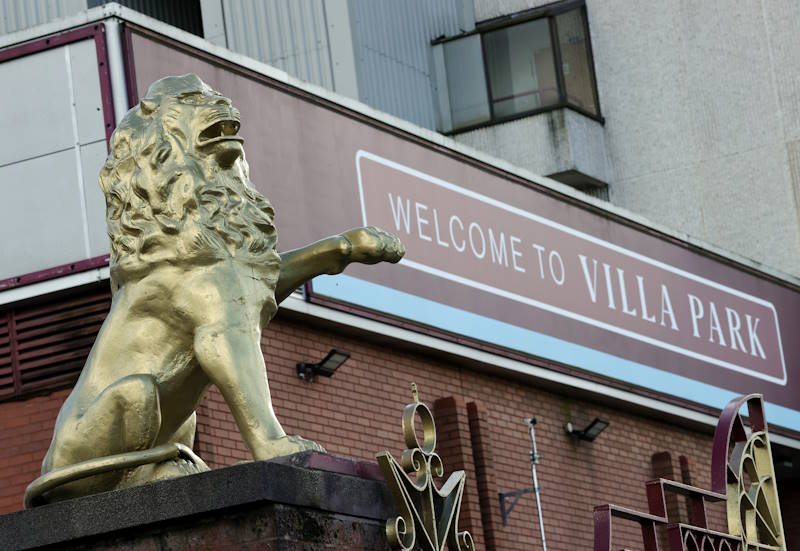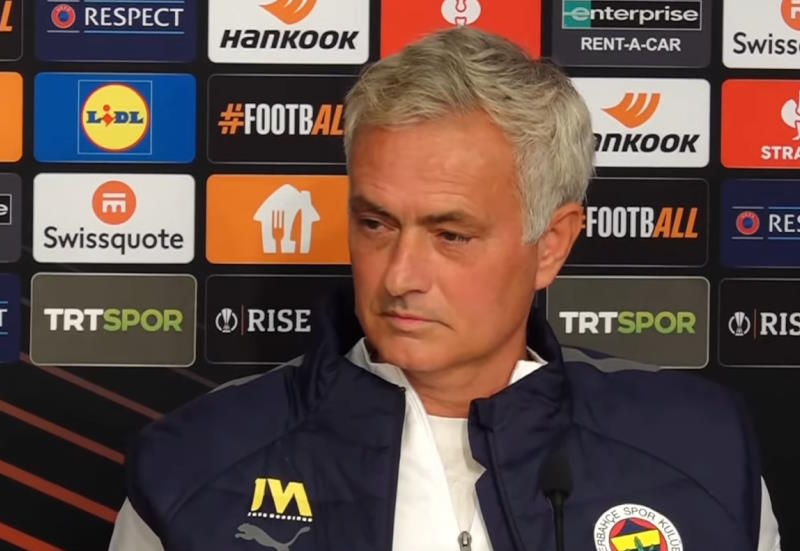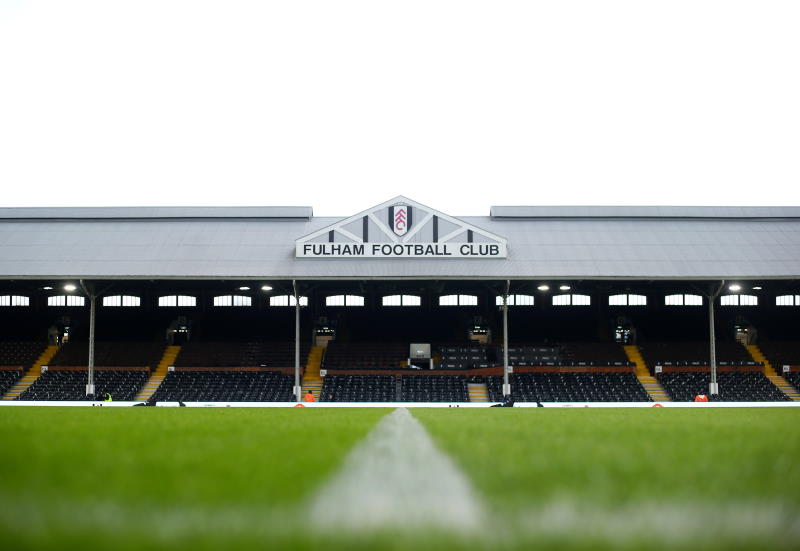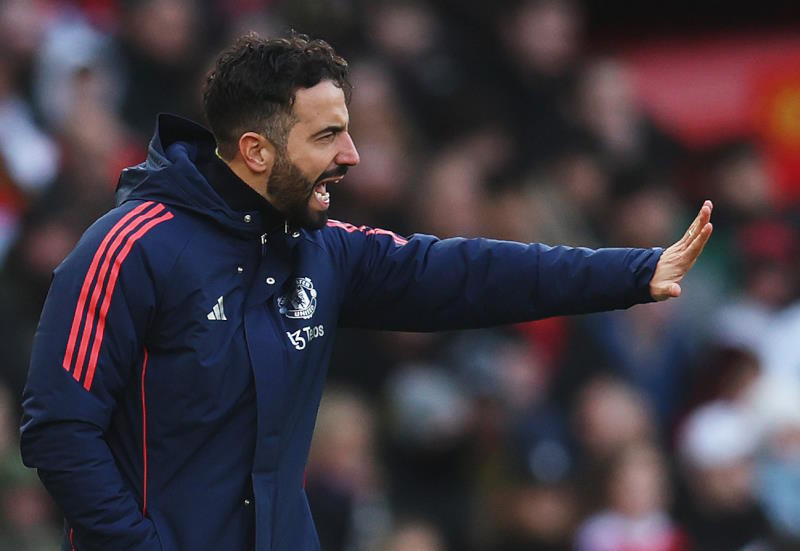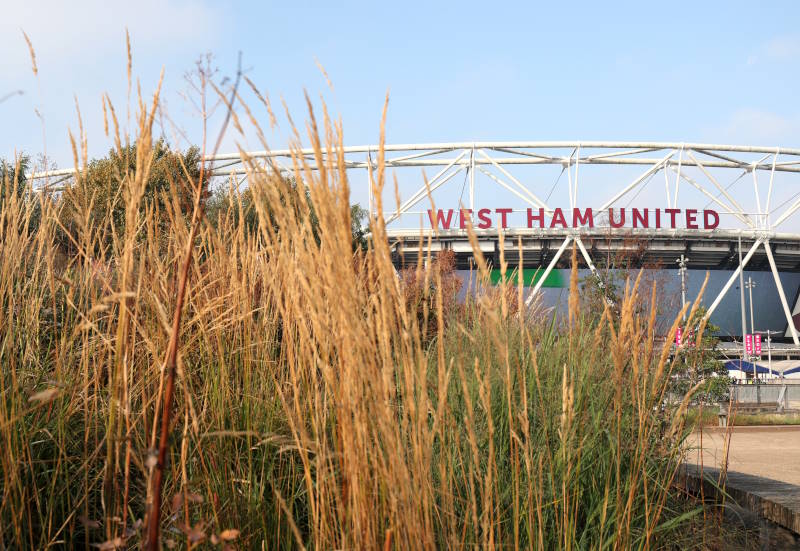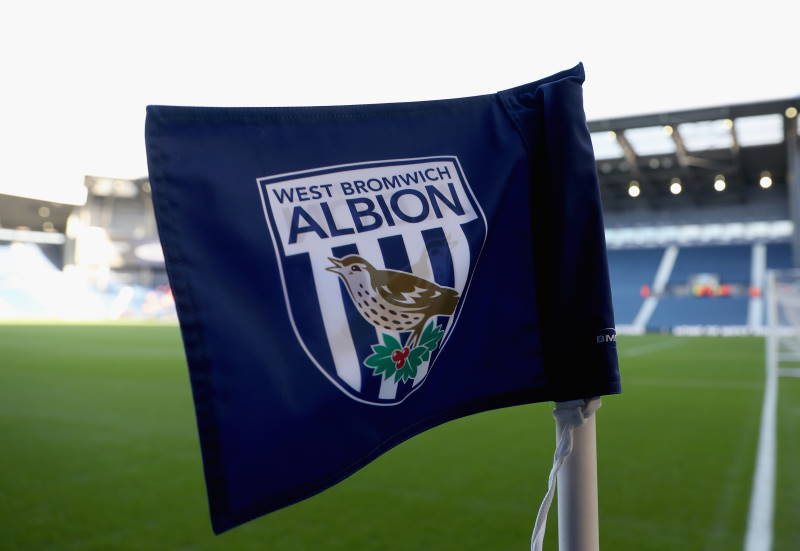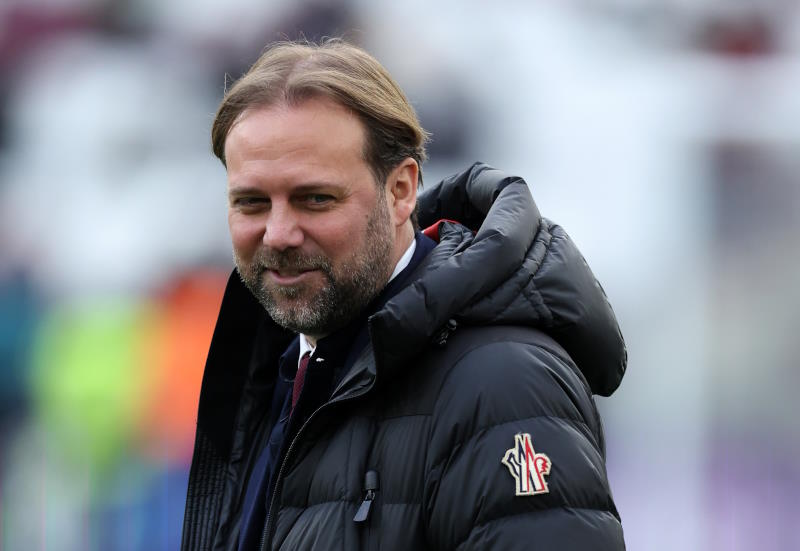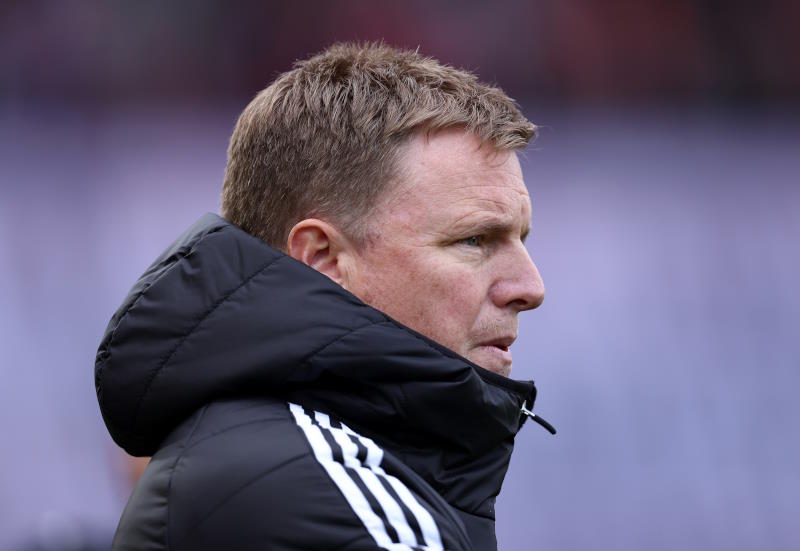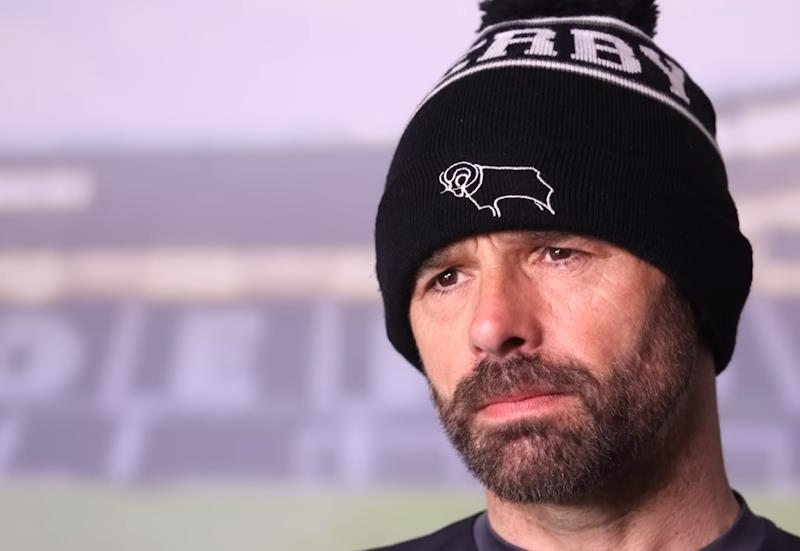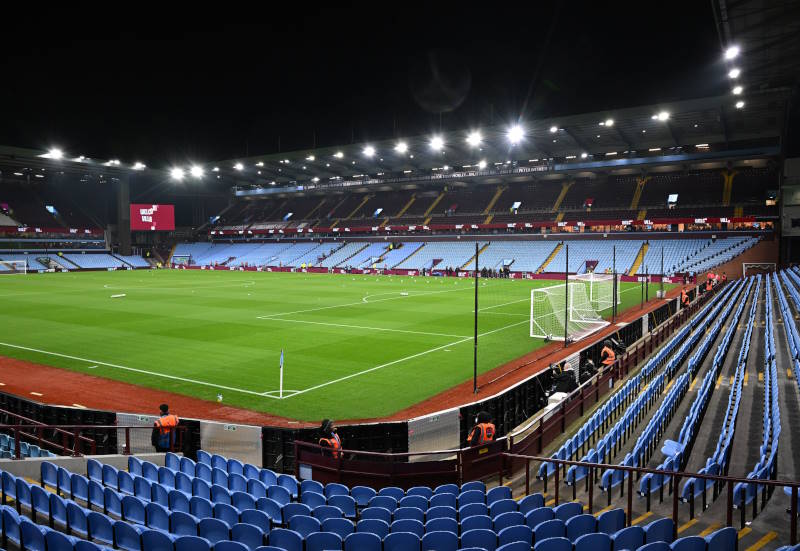
History often is said to be written by the victors and that has never been truer than with regards to football in Greece. “The Big Three” as they are known, Olympiacos, Panathinaikos and AEK, have been by far the most successful teams in the land both domestically and in European competitions.
No surprise then that the giant trio of Greek football hail from Athens, a city that currently holds nearly half of the country’s 11 million people. Greece’s second largest city, the major port of Thessaloniki figures significantly in the nation’s history too, however the city which boasts the famous White Tower has always played second fiddle when it has come to football.
That said, Thessaloniki has a trio of teams that are historic sides in the Greek game. For all intents and purposes, PAOK, Aris, and Iraklis are Greece’s other "Big Three". While the clubs may not have enjoyed the same level of success as their Athens-based rivals, these Thessaloniki teams enjoy a large fanbase and have played their own part in many memorable moments in Greek football over the years.
Inside Futbol take a look at the three teams and focuses on the current state of affairs of the Greek clubs from Thessaloniki:
![]() PAOK
PAOK
The city’s most successful side is undoubtedly PAOK, and the team whose home is the Toumba Stadium also arguably have the most fanatical fans in the country, giving the stadium a red hot atmosphere. Not only do PAOK enjoy the greatest support of the major Thessaloniki teams, ‘o Dikefalos tou Borra’ (the Two-Headed Eagle of the North, referring to the club’s crest) have also tasted the most success. Besides Larisa who spectacularly won the Greek title in 1988, PAOK remain the only club outside Olympiacos, Panathinaikos and AEK to win the competition since the game became professional in 1979, doing so in 1985.
In recent seasons financial problems have brought the club to the brink of collapse though. Presently matters are beginning to change under the watchful eye of president and former PAOK and Greek international Thodoris Zagorakis; the club are now starting to make inroads on their way to financial stability. This able steering by Zagorakis and co. off the pitch has led to improvement on it.
Under Portuguese coach Fernando Santos, PAOK achieved a level of stability on the pitch that supporters hadn’t seen in years. Santos’ reign began in the 2007/08 season and nearly three years at the helm saw PAOK go from ninth to fourth the next season, with progress culminating in a runners-up spot in the 2009/10 campaign – that gave the team a ticket to the Champions League qualifiers.
This season has been a struggle for the team however, as inconsistency and managerial changes have led to a real rollercoaster ride. Santos opted to forego trying to get the club into the Champions League group stage for the first time in order to take over at the helm of the Greek national team. PAOK chose Italian boss Mario Berretta as the man to lead the team, but it was an appointment which did not work out with Berretta barely in charge a month before he was sacked following poor pre-season results. His replacement, Pavlo Dermitzakis, fared better, but only just.
After showing he was making progress with the side early on – Dermitzakis nearly led the team into the Champions League group stage, only bowing out to Ajax on away goals after drawing 4-4 – a string of bad results meant that Dermitzakis was out too after just three months in the job. Makis Chavos was declared interim coach, but this was seen as an extremely short-term appointment as it was rumoured the club were searching for a big foreign name manager, with the likes of Paul Le Guen and Christian Gross being touted as possibilities.
Chavos though has led his team to six wins out of seven in all competitions and is now tipped to remain in post until at least the end of the season. PAOK appear to be at a real crossroads, with one path leading to the cementing of their spot as one of Greece’s top sides, and the other seeing the club reverting back to their inconsistent selves. Though financial problems have had a damning effect on the club in the last decade, an inability to ensure stability in the dugout has also contributed to their downfall.
Santos’ reign of two years and 10 months is the longest at PAOK since 1970, and the Portuguese is the only coach in the last eight years to have seen out an entire season; in the last decade PAOK have had at three different managers during one campaign on five occasions. This managerial merry-go-around is something that looks set to hold the club back. It is a telling fact that the Two Headed Eagle of the North have enjoyed their best spell in 25 years under Santos, a coach who was allowed to build a team and eventually see it prosper.
 Aris
Aris
Unlike rivals PAOK, Aris are certain they have the coach they want in Hector Raul Cuper. The Argentine boss is one of the biggest coaching names to ply his trade in Greek football, and it was seen as a real coup 12 months ago when the former Valencia and Inter boss came to Thessaloniki to take the Aris job. His work has been widely praised and the truth is that Aris have become one of the more fashionable Greek clubs in recent years.
The influence of Spanish coaches and players and a general move toward selecting players well versed in a Latin-style of football has borne fruit for the side. Recently however, Cuper has begun to endure the first shouts of disapproval from the home support. Poor league form, blamed mainly on the club having to play in three different competitions (the Greek Super League, Greek Cup, and Europa League) has seen some boo boys start to make themselves heard at the Kleanthis Vikelidis Stadium.
Aris sit fifth in the Super League at the time of writing and it is perhaps a symbol of how far they have come under Cuper that their current league placing is considered by most not to be good enough. Expectations have been raised purely because of the potential the Argentine’s side have shown. This was no more evident than early on this season when Aris recorded their most famous ever European result by defeating none other than Atletico Madrid, the reigning Europa League and European Super Cup champions, 1-0. That win stretched the club’s record of having gone 42 years without a European home defeat, a stretch lasting 25 matches.
Like PAOK, Aris are seemingly a team that could go anywhere at the moment. The sense is that all of the tools are there to make this side into one that challenges the traditional Greek football hierarchy, but if that is to happen Cuper needs to increase the amount of goals the side are scoring. After 11 Super League games, Aris have just eight goals, with just two coming on the road.
The Argentine boss must also plot a route to success against the league’s biggest clubs. Losses to Olympiacos, Panathinaikos, and AEK this season have shown that in Greece, Aris still struggle against the more dominant sides. A winning mentality needs to be developed by the players as the club perform well at times, but lack the killer instinct to win big matches. Evidence of this can be found in the fact that Aris have made it to four Greek Cup finals in the last decade and have failed to win any of them.
 Iraklis
Iraklis
There was arguably no team in Greece worse off than Iraklis before the season began. Usually considered the smaller of the three Thessaloniki clubs, ‘o Gireos’ had major issues this past summer and only narrowly avoided relegation due to finances that didn’t measure up to UEFA’s new licensing terms.
The club’s supporters helped by drawing attention to their team’s plight and demonstrating against the decision to relegate their team. Crowds of over 10,000 fans protested in Thessaloniki and in other Greek cities for over a week, showing that while PAOK and Aris have traditionally been more successful, Iraklis are a historic side with a strong following too.
Eventually after appealing to the Super League, the decision was overturned and the club were granted permission to participate in the top flight. Since then everything surrounding Iraklis has improved. Former Larisa manager Marinos Ouzounidis was installed as head coach and, despite being tipped as relegation candidates, the club have confounded expectations.
A 2-1 opening win over Olympiacos set the tone for what has so far been a good season, with Iraklis currently sitting in seventh place in the Super League standings. There is some genuine talent within the squad and the belief now is that even a mid-table finish might be too low a goal to aim for. Ouzounidis has his critics, but after defeating Olympiacos and Aris and taking a 2-0 lead against Panathinaikos before eventually succumbing 4-2, Iraklis have shown they will not be pushovers despite their economic woes.

